5, July 2020
US Politics: Trump to hold outdoor campaign rally in New Hampshire 0
US President Donald Trump will host an outdoor campaign rally in New Hampshire, his team said Sunday, following a flopped rally in Tulsa, Oklahoma against the backdrop of COVID-19.
The “Make America Great Again” rally will take place on July 11 in Portsmouth, his campaign said in a statement.
“All attendees will be provided a face mask that they are strongly encouraged to wear,” the rally announcement said.
The billionaire Republican, who is seeking reelection on November 3, had made his grand return to the campaign trail on June 20 in Tulsa, Oklahoma.
But images showed the stadium was filled to less than a third of its capacity, despite the president’s campaign boasting of huge interest ahead of time and more than a million ticket requests.
Pictures of Trump’s return to the White House in the middle of the night, with a worn-out air and his tie undone, cemented the image of a failed comeback.
With just four months left before election day, Trump — criticized for his response both to the coronavirus pandemic and to anti-racism protests — has been lagging for weeks in the polls behind his presumptive Democratic rival, Joe Biden.
While there have been calls for caution in interpreting the poll results, observers have noted that Biden’s lead over Trump is far greater than the one held by Democratic nominee Hillary Clinton at the same point in 2016.
Source: AFP
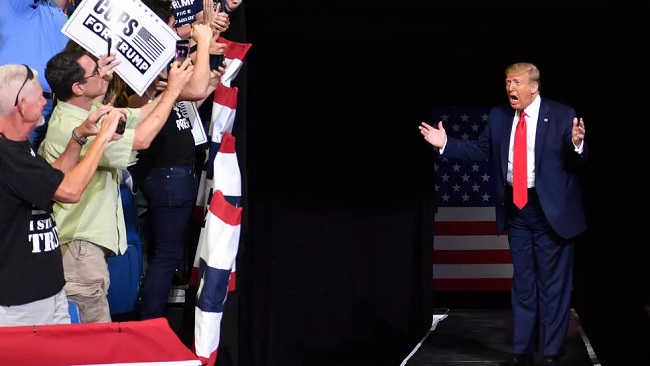
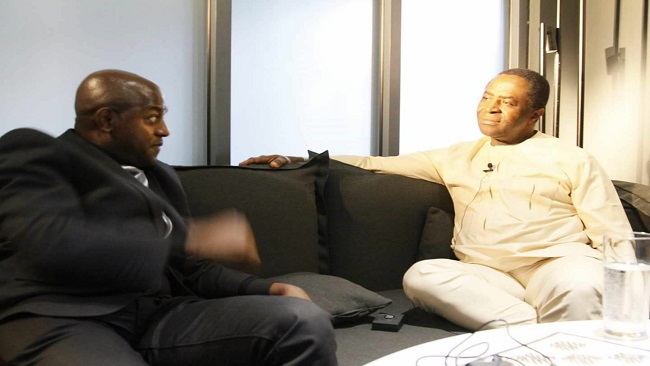
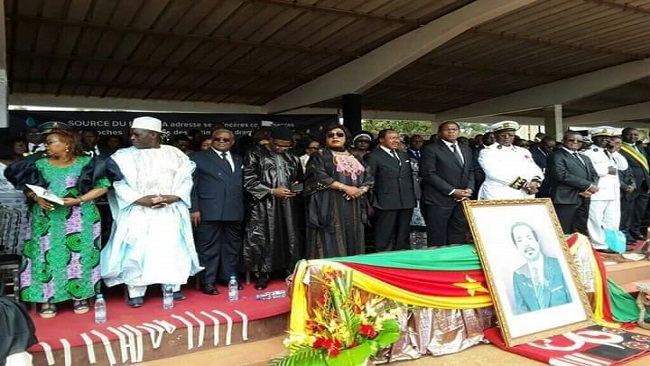
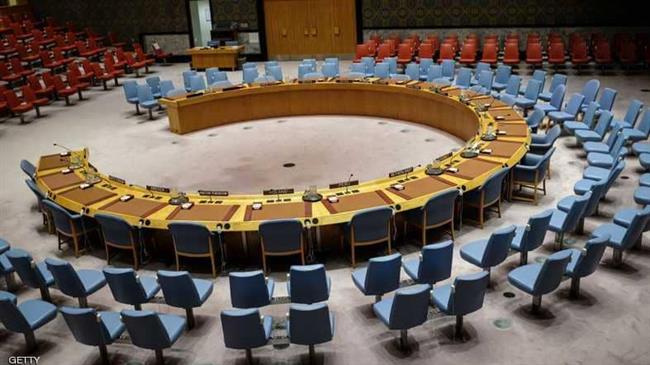
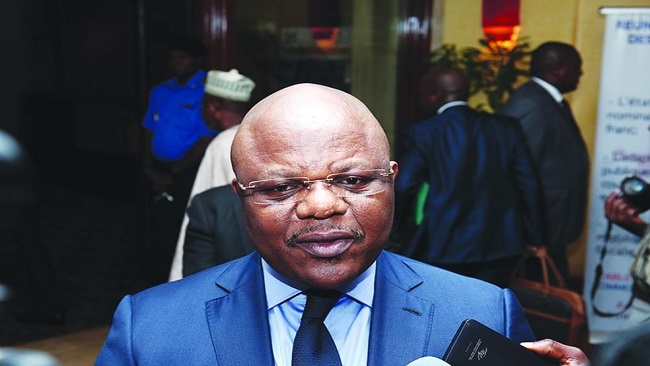
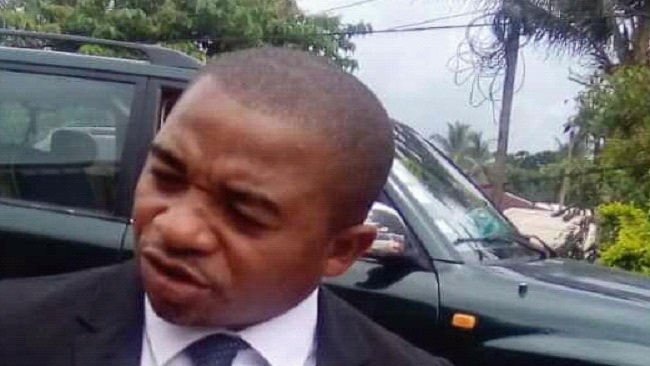

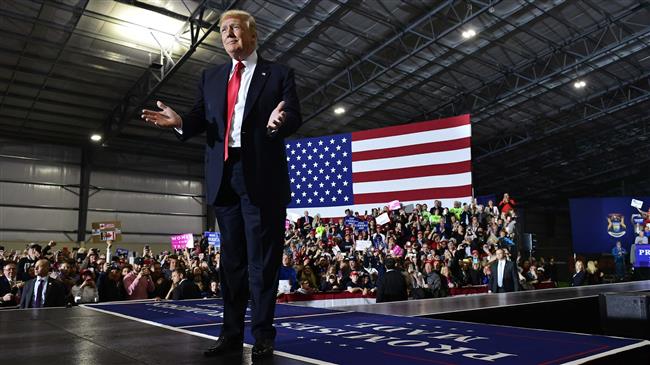
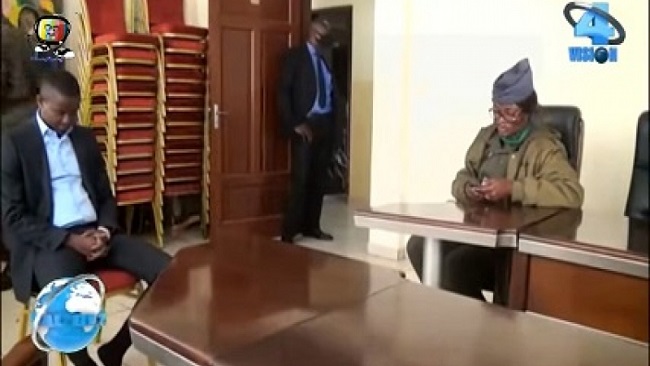


















8, July 2020
Biya has achieved what Russia’s Vladimir Putin hopes to achieve 0
Paul Biya may not feature prominently in discussions about how Irish politics might be made more representative, more engaging, and less unattractive to myriad intelligent, socially aware, and committed citizens discouraged by the unchanging, numbing predictability of it all.
The personal and family costs risked by participation can be dissuading too.
So are the increasingly toxic, anti-democratic, character assassinations on consequence-free social media. Biya, at 88, is the world’s longest-serving state leader. He has been president of Cameroon since 1982, and served as prime minister from 1975 to 1982. He consolidated his power in 1984 during an attempted coup when he eliminated most of his rivals.
Biya has achieved what Russia’s Vladimir Putin hopes to achieve — authority for life. Just last week, Putin saw 77.9% of voters endorse ending presidential term limits allowing him the possibility of power until 2036.
China’s president, Xi Jinping, did not feel the need to even ask when, two years ago, the term limits of the Chinese presidency were abolished. When conversations about what might happen if US president Donald Trump loses in November but refuses to quit office began, they seemed liberals’ paranoia but maybe no longer.
Should he be re-elected, it seems at least possible he may try to imitate Putin and Xi . To even suggest that may seem bizarre but then most of what he does is bizarre.
We may not, hopefully, have a Biya, Putin, Xi, or Trump hiding in the long grass but we do have a cohort all too comfortable with life-long careers as politicians.
Culled from Irish Examiner